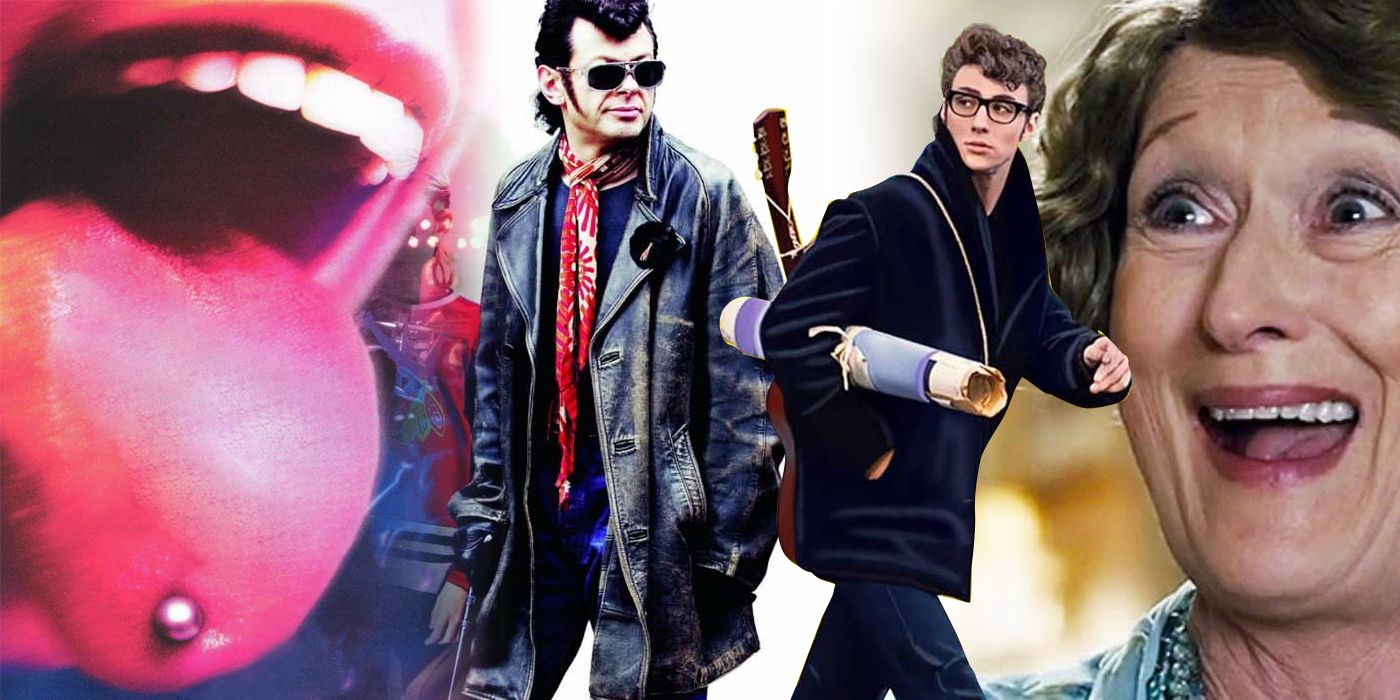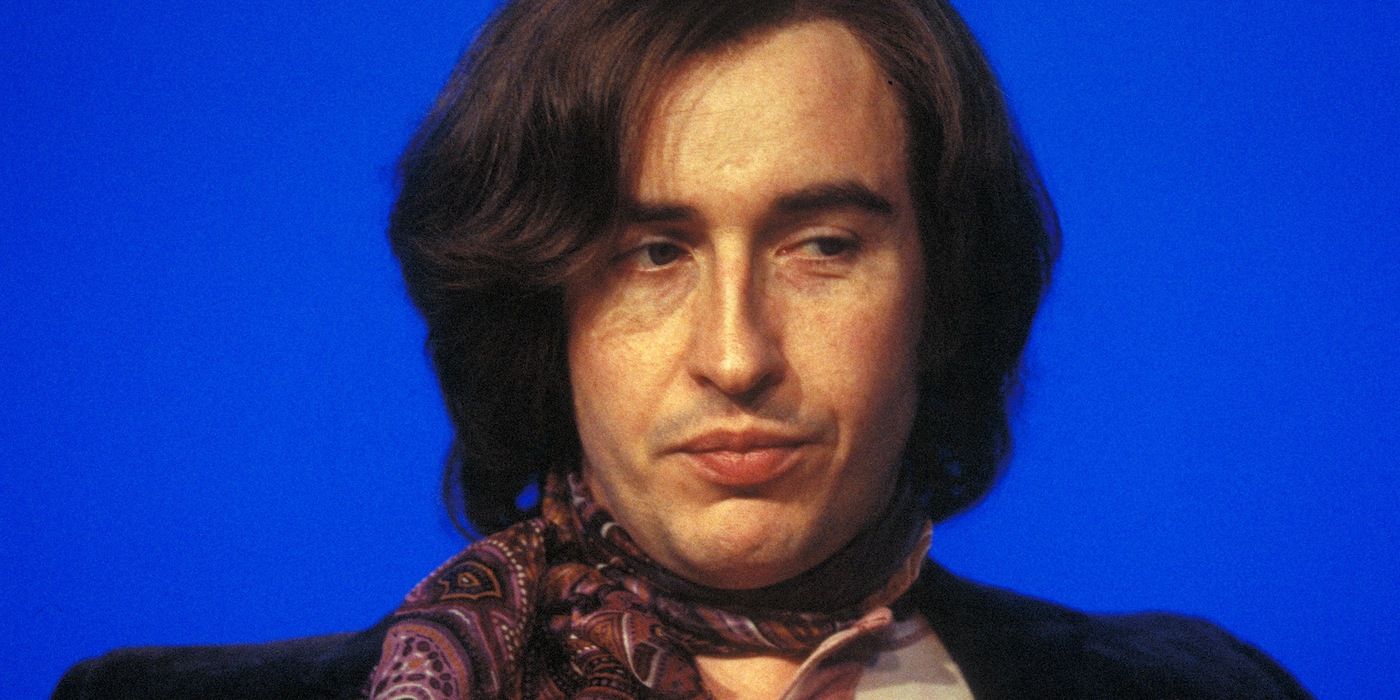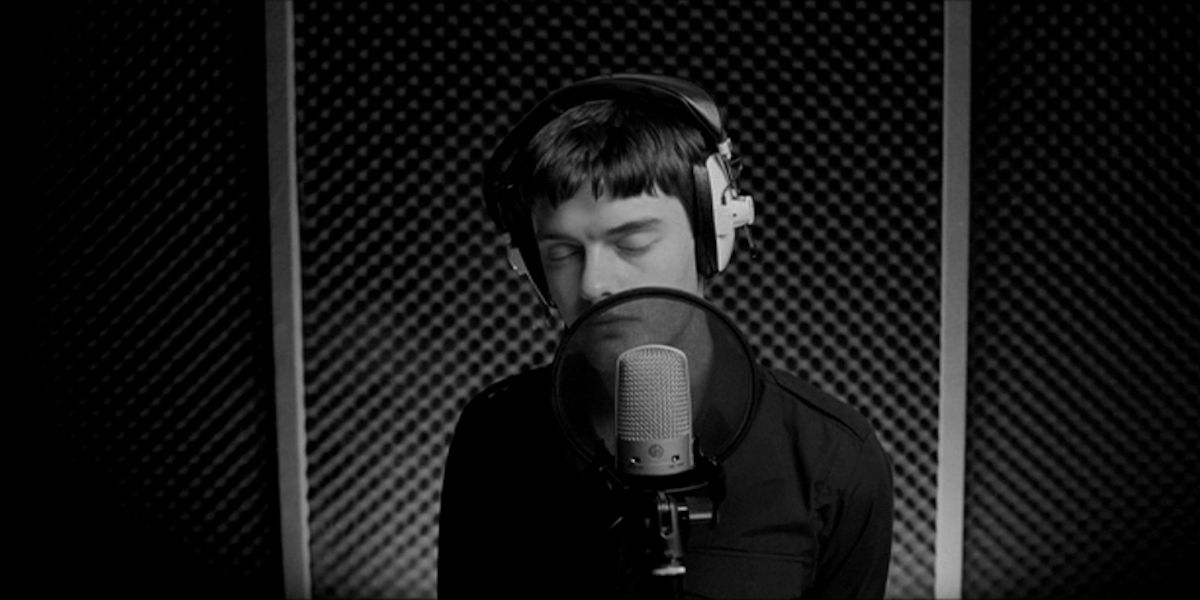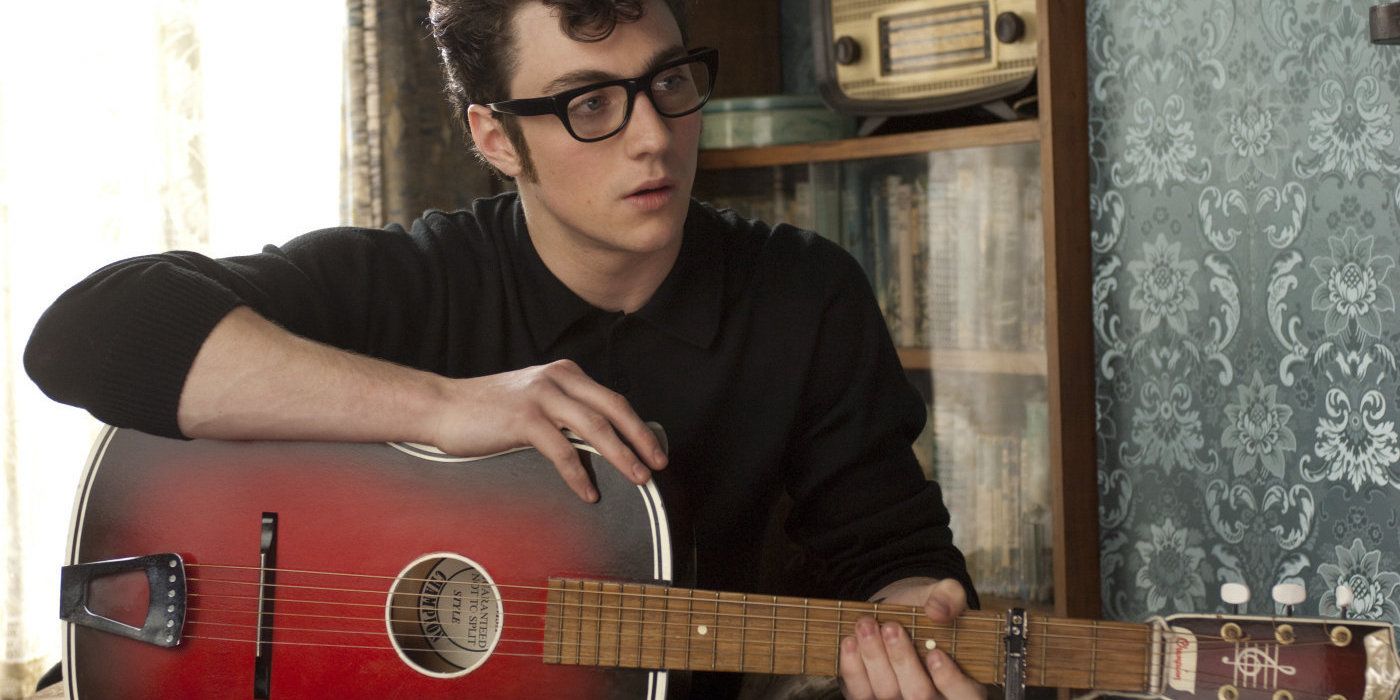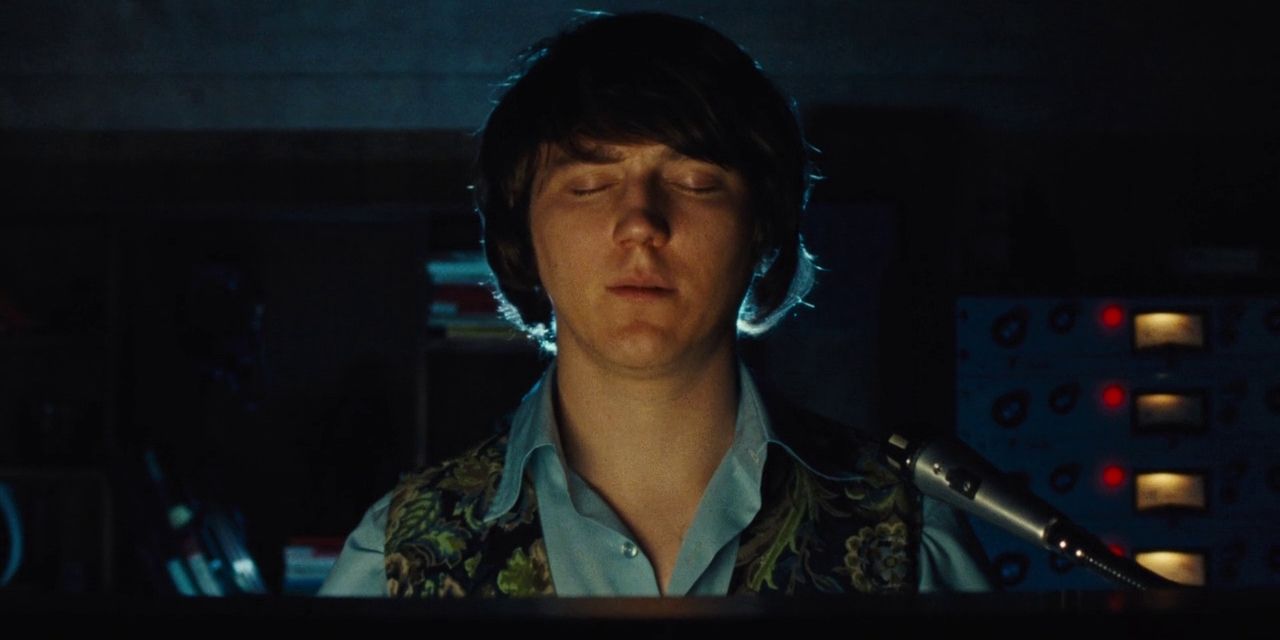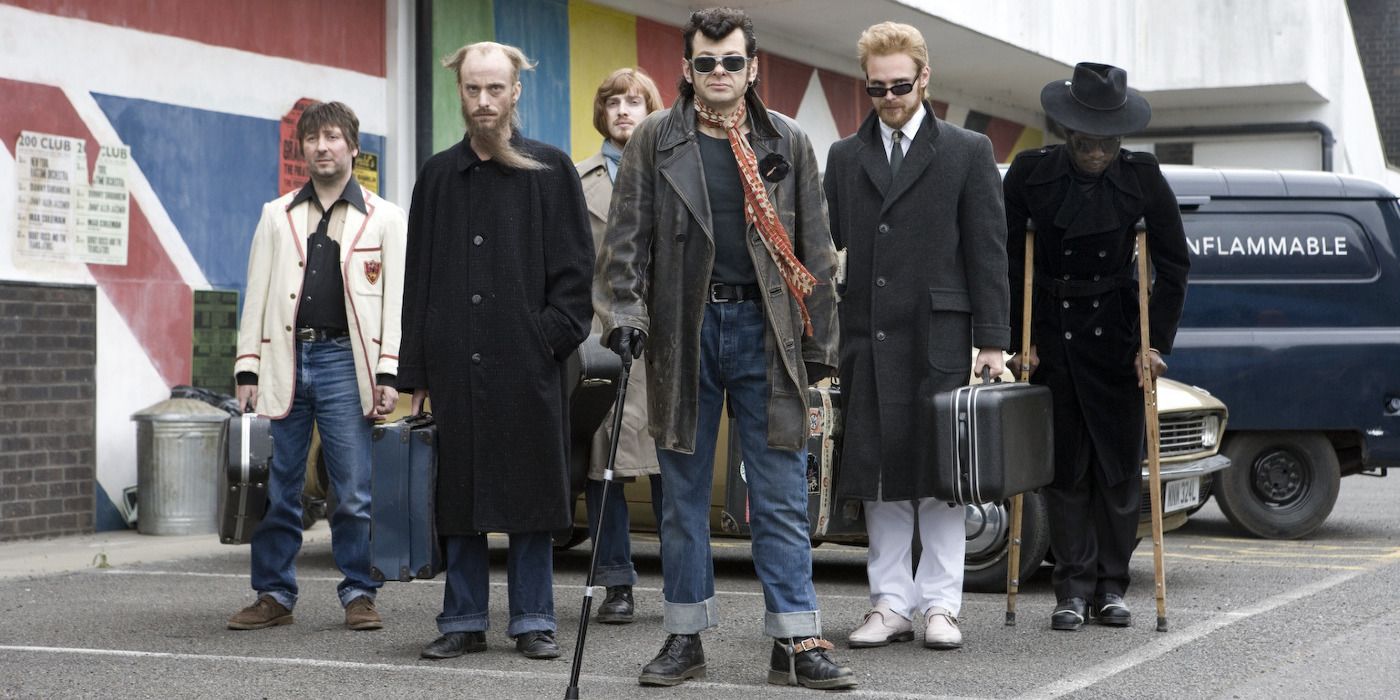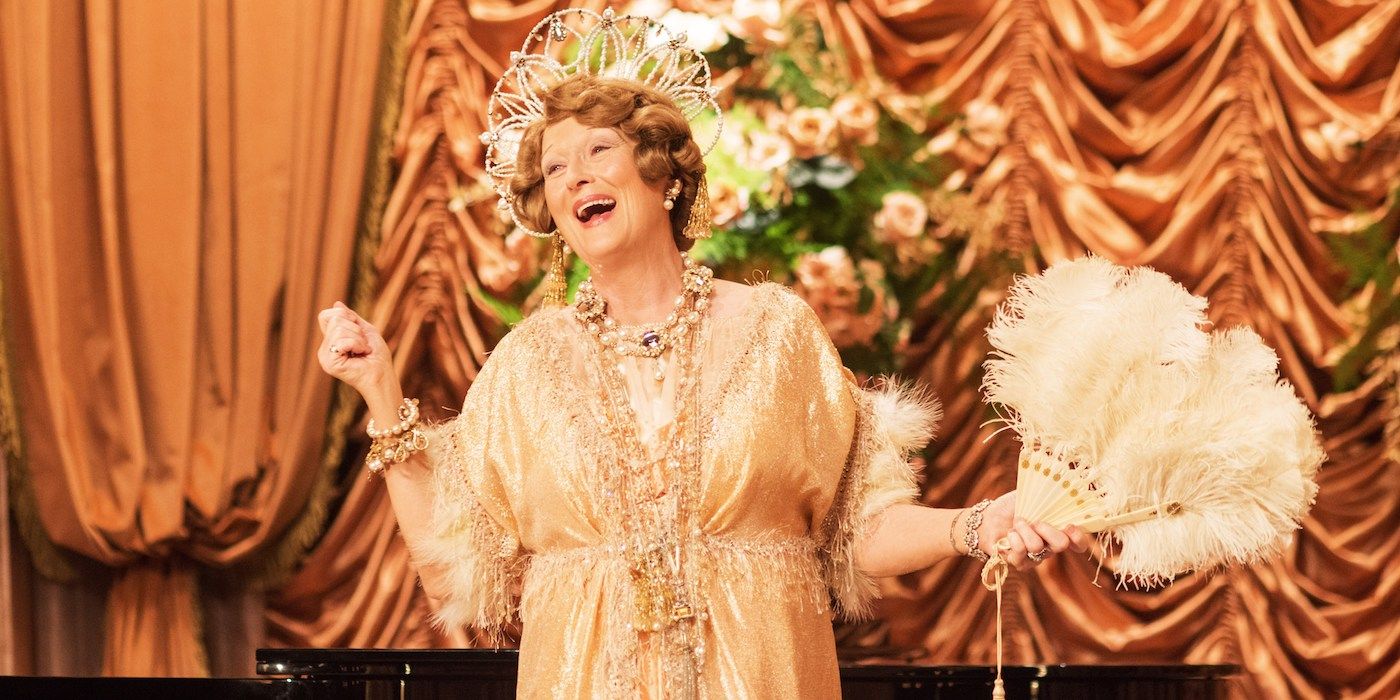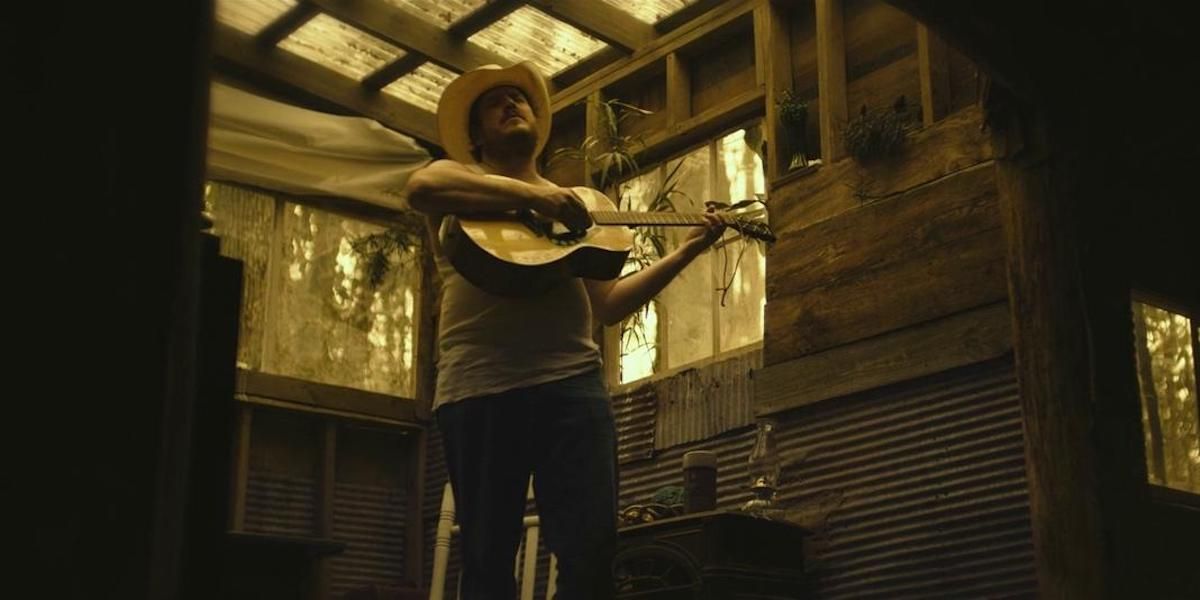The Aretha Franklin biopic Respect is already courting serious Oscar buzz for its star Jennifer Hudson, and it's the most recent example of a surge of popularity for musician biopics. While the lives of iconic performers and artists have long been drawn upon by Hollywood, the subgenre has exploded in the last twenty years with films like Ray, Walk the Line, Straight Outta Compton, Bohemian Rhapsody, and Rocketman becoming massive box office hits and earning major awards wins.
At their very best, musician biopics provide real insights into the lives of their subjects alongside their recreations of famous songs. While many of these artists have dedicated fan bases eager to see their stories told, some of the very best films have slipped under the radar. Check out the seven most underrated musician biopics of the 21st century.
24 Hour Party People
Director Michael Winterbottom and Steve Coogan frequently collaborate for idiosyncratic, experimental films, most notably The Trip franchise. Winterbottom and Coogan aimed to tell a comprehensive saga of the punk era with 24 Hour Party People. The film is told through the eyes of Factory Records boss Tony Wilson (Coogan), who observes the rise and fall of iconic groups like New Order, A Certain Ratio, The Durutti Column, and Happy Mondays throughout the ‘70s and ‘80s.
As expected from this duo, 24 Hour Party People doesn’t take a traditional approach, as Coogan breaks the fourth wall to explain factual inaccuracies and his own musings both in and out of character. The film itself pieces together accurate elements, trade rumors, news footage, and Winterbottom’s own creations, and Coogan is an engaging narrator who recounts even the darkest days of punk with a wicked sense of humor. It's an essential watch for punk fans who recognize the niche references, but even as an eccentric standalone comedy, 24 Hour Party People’s zaniness is a good time for a much broader audience.
Control
The story of Ian Curtis is one of the most iconic tragedies in music history, as the lead singer of Joy Division (which morphed into New Order) changed the narrative of post-punk, yet tragically died by suicide at age 23. 24 Hour Party People touched on elements of Curtis’ life, but a more complete story is told in Anton Corbijn’s excellent drama Control, which cast Sam Riley in the lead role.
While often a tough film to watch due to the grim tragedy that concludes it, Control is fascinating in its depiction of a group of outsiders that never expected to have any influence. Riley captures Curtis’ combative persona, but the film’s attention to detail exploring his personal health struggles allows him to give a vulnerable performance. Shot in color and then printed onto black-and-white, Control is a suitably stripped-down character study that sheds light on a fascinating era.
Nowhere Boy
The music of The Beatles has been adapted for the screen through many different approaches. The Beatles themselves starred in beloved classics like A Hard Day’s Night and Help! that are tough to compete with, and films like Across the Universe and Yesterday used the iconic music to tell original stories. Director Sam Taylor-Johnson took on the task of exploring John Lennon’s childhood in the biographical drama Nowhere Boy.
Nowhere Boy features none of The Beatles’ famous music (save for the opening guitar riff of “A Hard Day’s Night”). Instead, it tells of a short period in Lennon’s (Aaron Taylor-Johnson) childhood as he navigates competing parental figures and his burgeoning passion for songwriting in 1950s Liverpool. Treating Lennon as a confused teenager at the center of a coming-of-age story is a focused approach that doesn’t take on the enormity of his career, and Taylor-Johnson’s sensitive performance offers an intimate perspective on the events that shaped his life.
Love & Mercy
The early Beach Boys albums Surfin' Safari, Surfin' U.S.A., Surfer Girl, and Little Deuce Coupe are fun and infectiously upbeat, yet the real life of its lead singer Brian Wilson was far less pleasant. Tormented throughout the production of the masterful album Pet Sounds, Wilson entered into professional treatment and suffered under the hands of an abusive therapist for decades. Love & Mercy shows Wilson’s entry and eventual escape from the program across two separate storylines, with Paul Dano as a younger Wilson in the 1960s and John Cusack as an older man in the ‘80s.
The fluid navigation between timelines does a great job showing how Wilson was taken advantage of, and how demons of his youth would haunt him throughout his life. Dano captures the softness of a brilliant yet misunderstood artist whose innocence is preyed upon, and it's just nice to see Cusack give a great performance after starring in mostly direct-to-VOD movies over the past decade. Inventive without stigmatizing Wilson’s struggles, Love & Mercy is a challenging film that lands an emotional blow for anyone who loves the Beach Boys.
Sex & Drugs & Rock & Roll
Andy Serkis is best known as the man who changed the game with his performance capture work, but one of his most transformative performances was in the biopic of new wave megastar Ian Dury. An often repulsive yet deeply troubled figure, Dury suffered from polio as a child and was paralyzed later in life. The excellent biopic Sex & Drugs & Rock & Roll does a great job navigating Dury’s extreme stage performance with his haunting moments of personal anguish.
Director Mat Whitecross zips through Dury’s life with kinetic energy reminiscent of his music, with Serkis teasing the audience just as Dury riled up his crowds. The nonstop cross-cutting and shocking visuals come to a grim halt when Dury suffers from bouts of pain, and the stark difference between the two styles makes the character more empathetic. It's one of Serkis’ best performances; he doesn’t let Dury off the hook for neglecting his family, yet seeing his unsettling illnesses in graphic detail makes his eventual growth as a husband and father more resonant.
Florence Foster Jenkins
Perhaps it's unfair to call Florence Foster Jenkins “underrated” given how many major award nominations it received, but it's easy to forget which Oscar-nominated Meryl Streep performance is which. Many musician biopics tell the story of brilliant performers whose music fans know by heart, but Florence Foster Jenkins takes on the challenge of exploring someone known for being a terrible singer. Florence (Streep) was a wealthy music patron convinced that she’s a beloved singer through deceptive audience stagings arranged by her husband St. Clair Bayfield (Hugh Grant).
It’s an unusual story told with poignant earnestness. Obviously, it's humorous to see a clearly awful singer maintain the illusion that she’s beloved, but as expected from Streep, she’s more complex than what an initial impression suggests. A generous music lover who wants nothing more than to earn her own audience, Florence is genuinely delighted by her supposed fans, and her diagnosis of syphilis gives her only a brief window to meet them. Grant is also terrific and brings his signature charm; Bayfield genuinely loves Florence, and while his strange approach is the act of a caring partner, it's a scenario prone to disaster. A great supporting performance from Simon Helberg as the piano prodigy Cosme Moon is also heartfelt, and brings the needed perspective of someone outside of the wealthy class.
Blaze
Ethan Hawke is one of the best actors of his generation and one of the signature supporters of independent artistry, so it’s only natural that his directorial debut spotlights a great talent who wasn’t given his due credit during his own lifetime. Blaze shows how country singer Blaze Foley (Ben Dickey) curated a community of artists in the Austin area before alcoholism and mounting expectations caused a decline in his career. The ambulatory, naturalistic work from Hawke behind the camera is reminiscent of his frequent collaborator Richard Linklater.
It’s a beautiful story of the passion to create without any aspirations for success, and Hawke sensitively balances the more tragic elements of Foley’s life through a framing device in which his collaborators reminisce on their lost friend. Shot on location in Austin (the hometown of both Foley and Hawke), Blaze captures the individuality of a specific scene with an authentic personal touch, and the music recording sessions are suitably unfiltered. If you enjoy the morose story of Inside Llewyn Davis and appreciate country music, Blaze is a hidden gem worth discovering.

